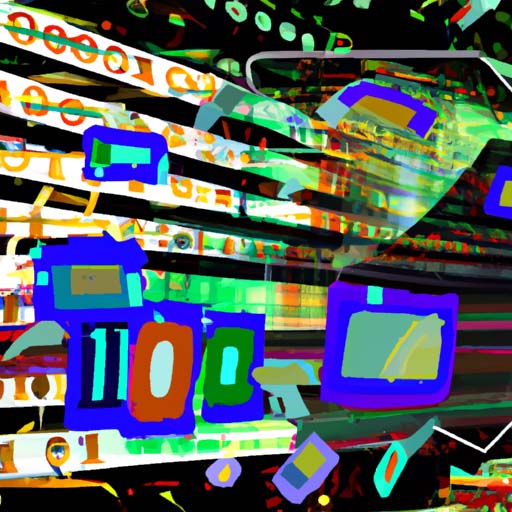TLDR:
– Over 2.5 billion people globally need assistive technology, expected to rise to 3.5 billion by 2050
– U of M associate professor Amine Choukou is researching how technology can improve healthcare and quality of life for those with disabilities
Rhea Bhalla’s article discusses Amine Choukou’s research at the University of Manitoba’s Rehabilitation Technology Lab, focusing on the potential of technology to revolutionize healthcare for individuals with physical and cognitive disabilities. Choukou’s work includes projects on telerehabilitation, tablet-based programs for Indigenous communities, and camera-based monitoring systems for individuals living with dementia. By incorporating technology into healthcare, Choukou aims to provide equitable access to rehabilitation services for all individuals, regardless of their geographic location or socioeconomic status.
Choukou’s research has shown that telerehabilitation can be just as effective, if not more so, than traditional in-person hospital treatment, especially for high-risk patients. By harnessing the power of technology, Choukou’s team has developed innovative solutions like iManus, a pair of sensorized gloves and therapeutic equipment for stroke survivors in rural areas. Another project, Active@Home, offers mobile app and virtual reality options for stroke survivors to engage in physical and cognitive rehabilitation exercises.
Overall, Choukou’s work underscores the importance of using technology to empower individuals, improve access to healthcare, and enhance quality of life. By rethinking healthcare through the lens of technology, Choukou is paving the way for a more equitable and inclusive healthcare system for all individuals.
